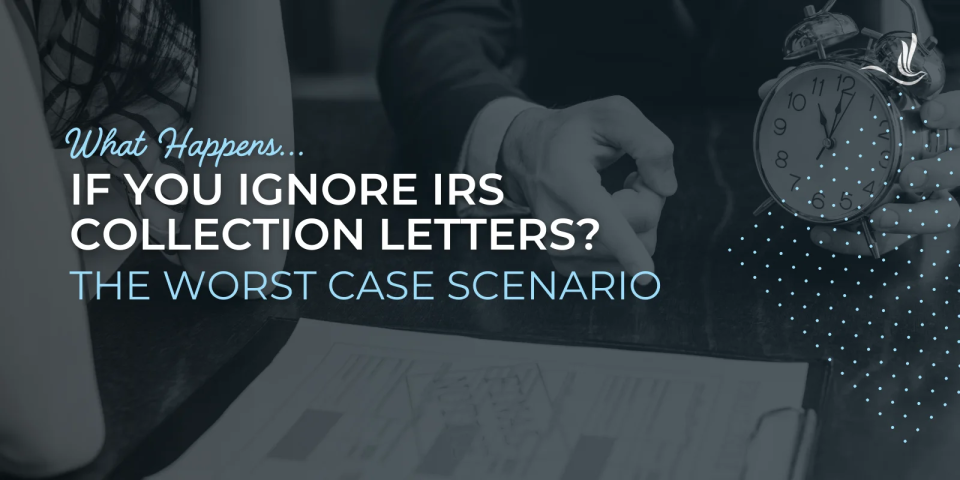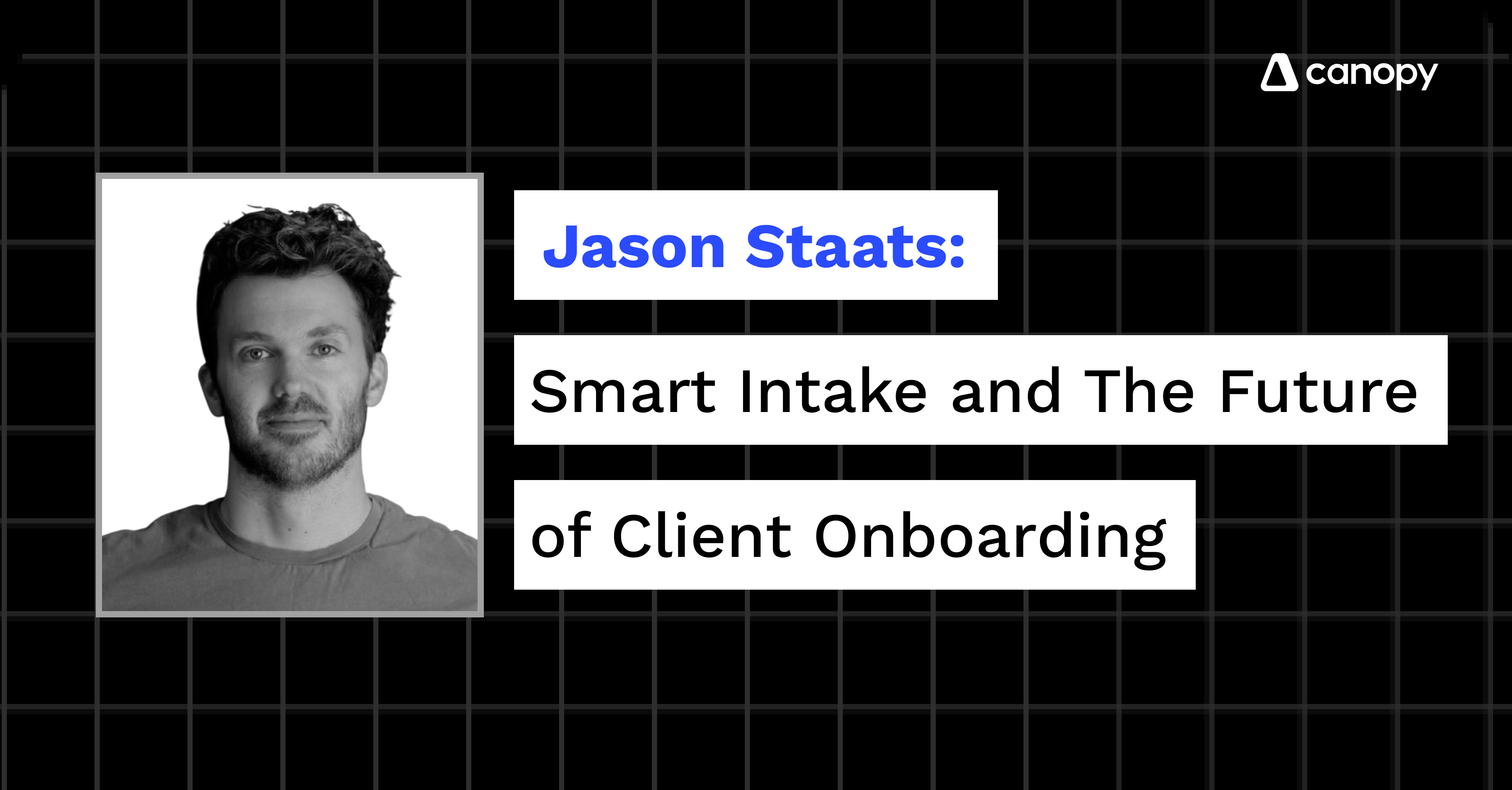Say you run a business. The IRS audits your tax return and determines that you do not owe tax. It comes back a few years later and, even though your business is the same, determines that you owe tax. The IRS hands you a large tax bill.
You do not agree with that the tax is owed. You file a refund claim and sue for a refund. But the question is, do you have to pay the full amount of the tax up front or just some portion of it?
The answer depends largely on what type of tax is being assessed and whether it qualifies as a “divisible tax” under what’s known as the Flora rule. The recent case of Elkhorn Valley Trucks, LLC v. United States, 2025 WL 1261281 (D. Neb. May 1, 2025), provides an opportunity to consider a few aspects of this rule and how it is applied that often confuse taxpayers.
Facts & Procedural History
The taxpayer in this case is a business that sells “gliders” and truck parts, including “glider kits” and restored power train components. A “glider” is a worn or wrecked highway tractor that has been refurbished using an assemblage of new tractor parts known as a “glider kit,” which typically consists of a cab, frame, sheet metal, mounting brackets, steering gear, front axle, and other components.
The business model involved sourcing customized glider kits and truck parts from manufacturers. Customers would submit deposits and enter into sales agreements with the taxpayer, which would then place orders for the custom components as directed by the customers. At the customer’s direction, the taxpayer would organize delivery of these components to a third-party fabricator, who would assemble them into a completed truck.
The tax controversy centered around federal excise taxes on these transactions. The IRS conducted two separate examinations of the taxpayer’s business. During the first examination in 2015, the IRS determined that no excise taxes were due given this business model. Relying on this determination, the taxpayer did not collect excise taxes from customers on subsequent sales.
However, during a second IRS audit for the 2016 through 2019 tax periods, the IRS reached a different conclusion. In 2022, the IRS assessed excise taxes pursuant to Sections 4051 and 4052 on the taxpayer’s sales for fifteen quarters from March 2016 through September 2019. These assessments totaled $5 million dollars.
Rather than paying the full assessment, the taxpayer paid the excise tax assessed for one truck per taxable quarter, totaling $231,783. The taxpayer then filed a claim for refund of this amount, arguing that it was not liable for the taxes as it was not the “manufacturer” of the trucks. When the IRS denied the refund claim, the taxpayer filed suit in federal district court.In its lawsuit, the taxpayer sought both a refund of the taxes it had paid and an abatement of all unpaid taxes that had been assessed. The government moved to dismiss most of the taxpayer’s claims, arguing that the court lacked jurisdiction over the abatement claims.
The Flora Full-Payment Rule
To understand this case, have to first consider the Flora full-payment rule. This rule derives from the Supreme Court’s decision in Flora v. United States, 362 U.S. 145 (1960), which held that a taxpayer must fully pay a tax assessment that is in dispute before challenging it in federal district court.
The Flora rule exists because of the language that gives the courts authority to hear lawsuits against the government. Section 28 U.S.C. § 1346(a)(1) grants district courts jurisdiction over suits for the “recovery of any internal-revenue tax.” The Supreme Court has interpreted this as requiring full payment of an assessment before a refund suit can be maintained. As a number of courts have since explained, a taxpayer who has not paid an assessment in full generally may not file suit in district court to challenge the validity of that assessment.
The policy behind this rule is a time-value-of-money concept. It is to prevent taxpayers from using the courts to delay or avoid paying taxes while litigation proceeds. Without this requirement, in theory, the tax collection system could be disrupted as taxpayers might routinely pay minimal amounts and tie up tax assessments in court for years.
The Exception to the Flora Rule: Divisible Taxes
While the Flora full-payment rule serves important functions, strict application of the rule would create hardship in cases involving large assessments made up of multiple transactions. Recognizing this potential for injustice, the courts have developed an exception for what are known as “divisible taxes.”
A divisible tax is “one that represents the aggregate of taxes due on multiple transactions.” As the Federal Circuit explained in Diversified Group Inc. v. United States, 841 F.3d 975, 982 (Fed. Cir. 2016), a tax is considered divisible if it is “merely the sum of several independent assessments triggered by separate transactions.”
The classic example of a divisible tax is an excise tax like the one in this case. If a business is assessed excise taxes on thousands of transactions, the Flora rule would be unduly burdensome if it required full payment of all those taxes before allowing a legal challenge. Instead, under the divisibility exception, the taxpayer may pay the full amount on one transaction, sue for a refund for that transaction, and have the outcome of this suit determine liability for all the other similar transactions.
Other examples of divisible taxes include:
Employment taxes that are calculated quarterly
Certain tax penalties assessed on a per-item basis
Withholding taxes based on separate payments
Taxes based on individual transactions
This divisibility exception recognizes the practical reality that some tax assessments are fundamentally composed of separate, individual liabilities rather than a single, unified obligation.
How Divisible Taxes Work in Practice
When a taxpayer challenges a divisible tax by making partial payment, they create what is effectively a “test case” for determining their liability across all similar transactions.
As the court explained in this case, the taxpayer’s claim over which the court has jurisdiction is a claim for “refund” on one “test case.” It is not a taxpayer’s claim for abatement of assessed but unpaid taxes.
In practice, the government will generally counterclaim for the remainder of the tax due, and both the paid assessment and the unpaid assessments will be litigated in one action. The outcome of this test case may have res judicata effect—or as the government acknowledged in this case, a successful refund suit would cause the IRS not to collect the unpaid taxes and penalties that were assessed in the same transaction.
This is why the government generally files a counterclaim. If the government does not counterclaim, the taxpayer remains free to litigate the paid assessment as a test case. That case would likely be resolved before trial with a motion to dismiss based on the prior test case.
This approach allows taxpayers to get their day in court without having to pay potentially large tax assessments up front.
The Limits on the Divisibility Exception
While the divisibility exception allows taxpayers to challenge certain tax assessments without full payment, it has some limitations. This case is an example of that.
In this case, the court noted that the divisibility exception allows a taxpayer to bring a refund claim for the amount actually paid, but it does not provide jurisdiction over claims for abatement of unpaid taxes.
An abatement claim is fundamentally different from a refund claim. A refund claim seeks the return of money already paid to the government; an abatement claim seeks to eliminate or reduce a tax assessment that has not yet been paid. As the court explained in this case, abatement claims seek to restrain the collection of unpaid taxes, which runs afoul of the Anti-Injunction Act (Section 7421(a)).
The Anti-Injunction Act bars any “suit for the purpose of restraining the assessment or collection of any tax.” Similarly, the Declaratory Judgment Act excludes from its coverage declaratory relief “with respect to Federal taxes.” These provisions reflect Congress’s determination that the government’s need to collect taxes without judicial interference outweighs the taxpayer’s interest in obtaining pre-payment judicial review of tax assessments.
The court in this case concluded that the taxpayer’s claims for abatement of unpaid taxes sought to restrain the collection of unpaid taxes, contrary to the AIA, and sought a declaration “with respect to Federal taxes,” contrary to the Declaratory Judgment Act. Consequently, the court held that it lacked subject-matter jurisdiction over the claims.
Application of the Divisible Tax Concept
The application of this rule is not all that intuitive and can make it difficult to understand the Flora pre-payment rule. This case provides a good explanation of how the concept is applied in real-world situations.
The court recognized that excise taxes are “divisible” taxes for purposes of the Flora rule. The court noted that an excise tax is “one that represents the aggregate of taxes due on multiple transactions (e.g., sales of items subject to excise taxes).” This makes sense–each truck sale is a separate transaction with its own excise tax.
The taxpayer had paid the excise tax assessed on one truck per taxable period, totaling $231,783 out of the $5 million total assessment. Because excise taxes are divisible, this partial payment was sufficient to establish jurisdiction over the taxpayer’s refund claim.
However, and this is a key distinction, the court emphasized that this partial payment did not establish subject-matter jurisdiction over the taxpayer’s abatement claims for the unpaid taxes. The court explained that under the divisibility exception, what a taxpayer is authorized to do after making a partial payment is to “sue for a refund for that transaction, and have the outcome of this suit determine his liability for all the other, similar transactions.”
So does this distinction really matter? In many cases, not really. If the taxpayer wins its refund case, principles of res judicata would likely apply to all similar transactions. The IRS would have little basis to continue pursuing collection of the remaining unpaid taxes.
Those reading and trying to apply cases like this, when trying to figure out how much to pay before suit, often find these types of cases confusing. The answer is to determine whether the tax is divisible and then just sue for that period. The complaint filed by the taxpayer should not include claims for other periods.
The Takeaway
This case helps explain the nuance with the Flora pre-payment rule. While the Flora rule generally requires full payment before challenging a tax assessment in court, the divisibility exception provides an exception for businesses facing assessments on multiple transactions or events. By paying the tax attributable to just one transaction, taxpayers can establish jurisdiction for a refund suit that may effectively resolve their liability for all similar transactions. However, this approach has important limitations—it doesn’t establish jurisdiction for abatement claims on unpaid taxes, as noted in this case.
Watch Our Free On-Demand Webinar
In 40 minutes, we’ll teach you how to survive an IRS audit.
We’ll explain how the IRS conducts audits and how to manage and close the audit.

























